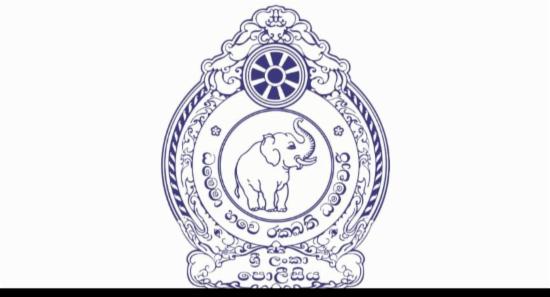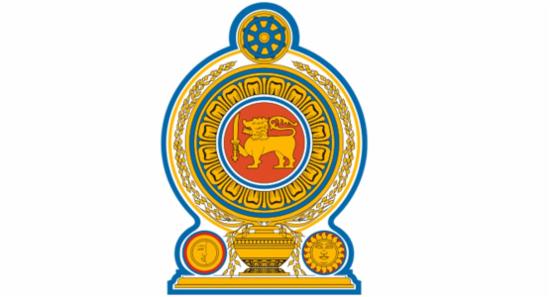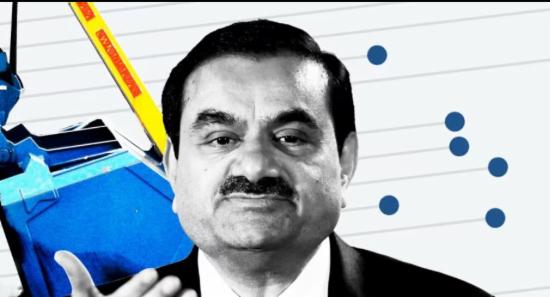.webp)

France assures support for Sri Lanka's recovery
COLOMBO (News 1st) - Sri Lanka's State Finance Minister Shehan Semasinghe says that France has assured its support for Sri Lanka's recovery.
He tweeted that the French Ambassador to Sri Lanka had also extended support to restore the stability of the economy.
The State Minister said that he had an extensive discussion with French Ambassador Jean-François Pactet.
The duo had exchanged views on the progress of the International Monetary Fund program, and the stabilization of the Sri Lankan economy.
Sri Lanka is hoping to conclude negotiations with bilateral creditors on debt restructuring before the end of year, or in January to tap the USD 2.9 Billion facility offered by the IMF.
"We are in the process of negotiating to obtain financing assurances from bilateral creditors, mainly from Paris club including Japan, India and China," said Central Bank Governor Dr. Nandalal Weerasinghe in early December 2022.
He said Sri Lanka has not yet reached the conclusion stage, but have made a lot of progress, adding that the intention is to complete the negotiations in January 2023.
"If we miss this month, probably the next month we will be able to complete that on the basis of progress we have made. We will probably be able to stabilize the economy in the short term but obviously without having long term structural reforms as well as other proper policy framework, we will not be able to," he added.
"We move in the same direction, even with IMF or without IMF, to correct the imbalances and for the country to recover on a much more sustainable basis," he stressed.
On the 1st of September 2022, IMF staff and the Sri Lankan authorities have reached a staff-level agreement to support Sri Lanka's economic policies with a 48-month arrangement under the Extended Fund Facility (EFF) of about US$2.9 billion.
Key elements of the program are:
1. Raising fiscal revenue to support fiscal consolidation. Starting from one of the lowest revenue levels in the world, the program will implement major tax reforms. These reforms include making personal income tax more progressive and broadening the tax base for corporate income tax and VAT. The program aims to reach a primary surplus of 2.3 percent of GDP by 2025.
2. Introducing cost-recovery based pricing for fuel and electricity to minimize fiscal risks arising from state-owned enterprises. The team welcomed the authorities’ already announced substantial revenue measures and energy pricing reforms;
3. Mitigating the impact of the current crisis on the poor and vulnerable by raising social spending, and improving the coverage and targeting of social safety net programs;
4. Restoring price stability through data-driven monetary policy action, fiscal consolidation, phasing out monetary financing, and stronger central bank autonomy that allow pursuing a flexible inflation targeting regime. A new Central Bank Act is a cornerstone of this strategy;
5. Rebuilding foreign reserves through restoring a market-determined and flexible exchange rate, supported by the comprehensive policy package under the program;
6. Safeguarding financial stability by ensuring a healthy and adequately capitalized banking system, and by upgrading financial sector safety nets and regulatory standards with a revised Banking Act; and
7. Reducing corruption vulnerabilities through improving fiscal transparency and public financial management, introducing a stronger anti-corruption legal framework, and conducting an in-depth governance diagnostic, supported by IMF technical assistance.
Join the News 1st Update group by simply clicking the link below and be updated with all that's happening.
WhatsApp: https://bit.ly/3eoHQIH
Other Articles
Featured News





.png )



-780387-780418_550x300.jpg)

-780405_550x300.jpg)


-779769_550x300.jpg)
-779763_550x300.jpg)
-779757_550x300.jpg)










.webp)






